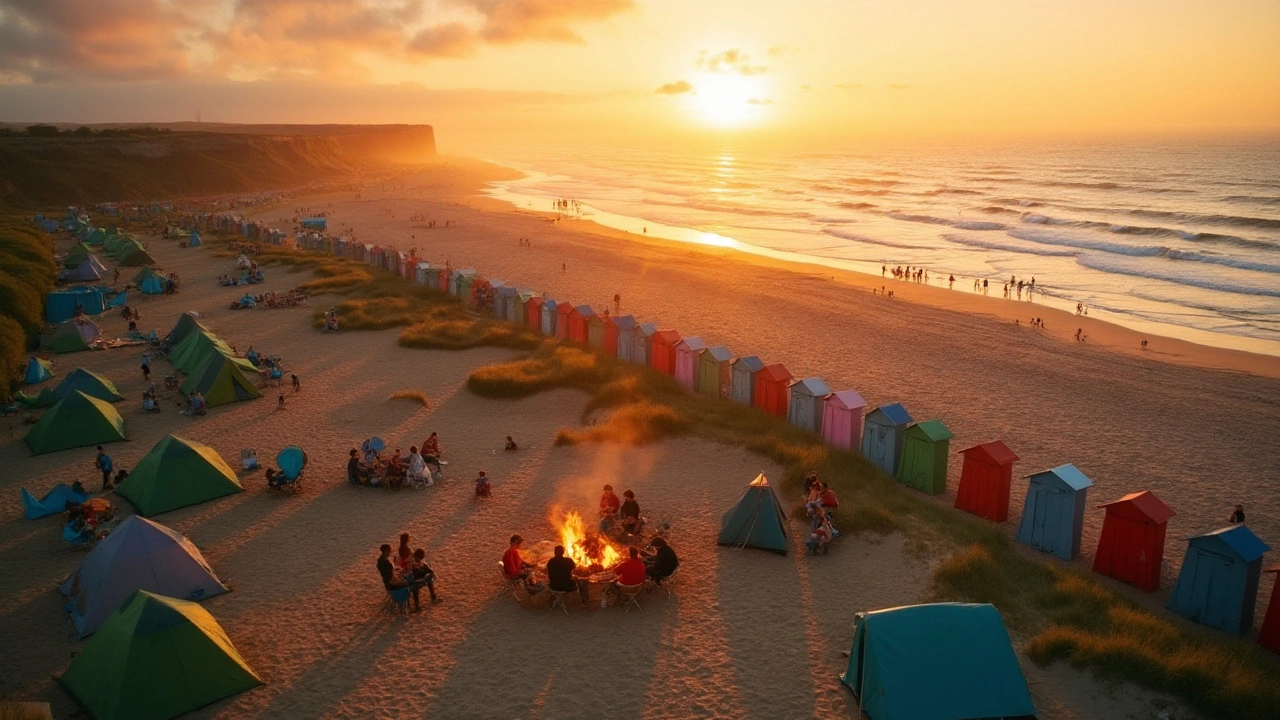Land Ownership & Camping: What You Need to Know
Ever wondered why you can’t just pitch a tent wherever you like? The answer almost always comes down to who owns the ground. Whether it’s a private farm, a public forest, or a council park, land ownership decides what’s allowed.
Understanding Who Owns the Land
In the UK most countryside is owned privately – farmers, estates, or the Crown. Public bodies like national parks or local councils own some areas, but they still set their own rules. In the US it’s similar: you’ll find federal land (National Forests, BLM), state parks, and private parcels.
Knowing the owner helps you find the right permission. If the land is private, you usually need explicit permission from the owner before you set up a campsite. Public land often has sign‑posts or online guides that spell out where you can stay.
Quick tip: always look for a sign at the entrance. If it says “No camping”, that rule applies regardless of whether the ground feels open or not. Ignoring signs can lead to fines or being asked to leave.
How Ownership Affects Your Camping Plans
Private owners can require a fee, limit the length of stay, or outright ban camping. Many estates in Scotland, for example, let you camp for free under the “right to roam” but ask you to stay away from livestock areas. In England, you’ll often need to pay a small fee or get a permit.
On public land, the rules vary by agency. The US Forest Service usually allows dispersed camping for up to 14 days in one spot, but you must be a certain distance from roads and water sources. National Parks tend to be stricter – most only allow camping in designated sites.
To stay on the right side of the law, check the landowner’s website or a reliable camping app before you go. Most apps let you filter sites by ownership type, so you can instantly see if a spot is private, council‑run, or federal.
Another practical tip: when you’re unsure, ask the local ranger or landowner. A quick chat can clear up whether you need a permit, if there’s a campsite fee, or if certain activities (like campfires) are off‑limits.
Remember, respecting land ownership isn’t just about avoiding tickets. It keeps the land healthy for the next camper, helps owners manage their property, and protects you from accidental damage claims.
So next time you plan a night under the stars, take a minute to figure out who owns the ground. A little research saves you headaches, money, and keeps your adventure hassle‑free.
-
 VIEW POST
VIEW POSTUnderstanding Ownership and Usage of Ocean Lakes Campsites
Nov, 4 2024|0 CommentsWhen it comes to the concept of owning land in Ocean Lakes, it's important to understand the unique nature of these coastal retreats. This article explores the intricacies of campsite ownership, the benefits it brings, and tips for making the most of these scenic spots. It's a captivating look at one of the most sought-after destinations for beach lovers. We'll also discuss legal and practical considerations for potential buyers. With this insight, campers can make informed decisions about investing in their piece of paradise.